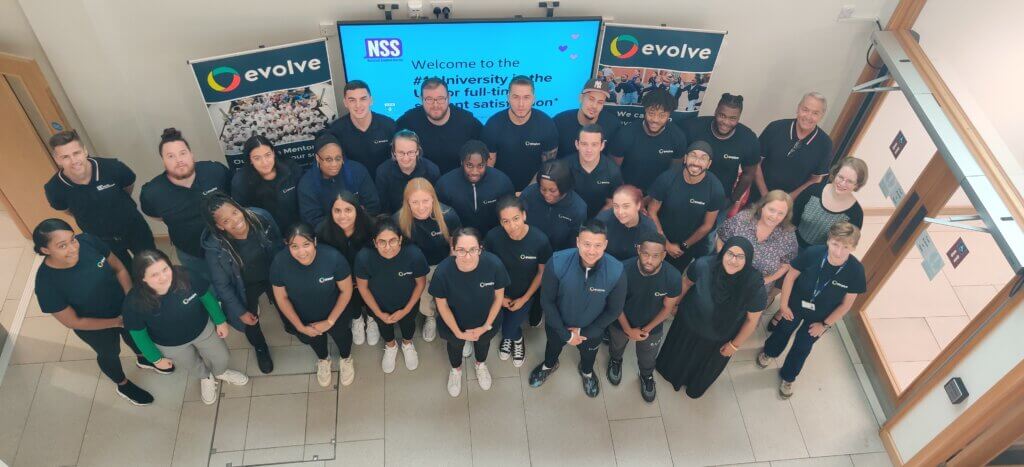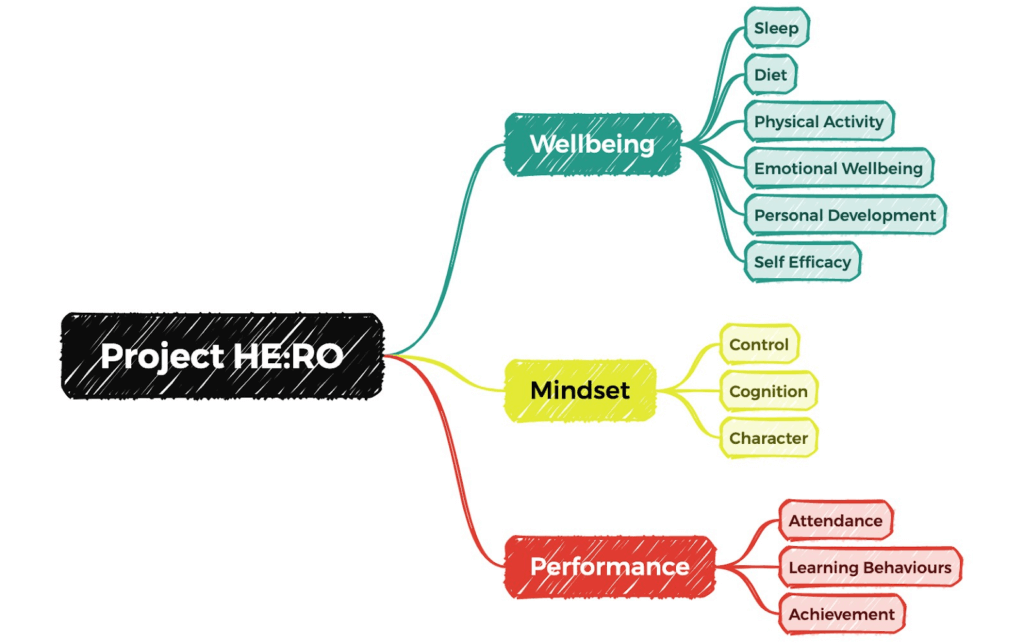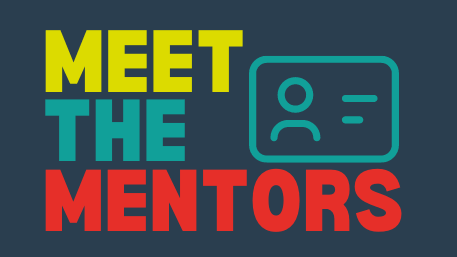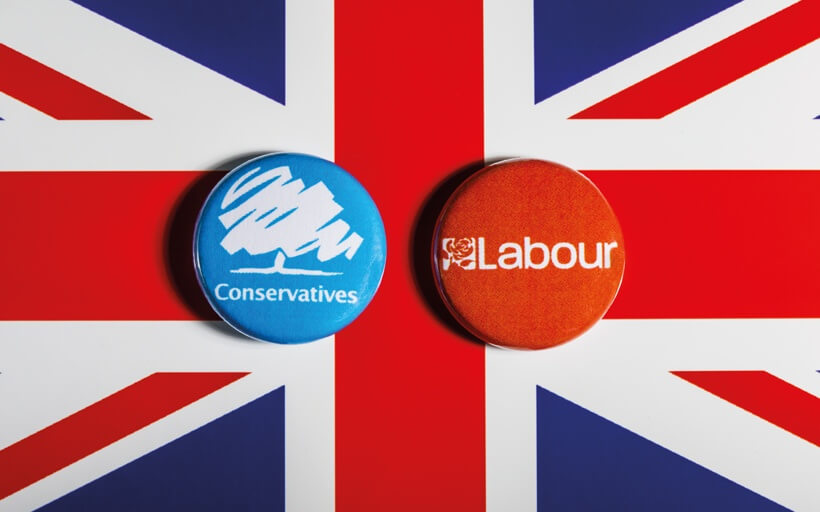The Future of Education and Mental Health Under Labour

The new Labour government brings a new approach to education and children’s health services. How do their big plans align with Evolve’s philosophy and mission?
Get Ready for Evolve’s 2023/24 Impact Report

As Evolve is set to release our 2023/24 Impact Report this summer, we are excited to share the outcomes of our mentoring programmes across the country.
Evolving Impact

The Wellbeing Compass has undergone significant development to become an even more useful tool for measuring impact. Find out more about all the new added benefits.
Meet the Mentors: Delano Robinson-Stephens

Meet Delano Robinson-Stephens. From mentee to mentor, find out about how Delano prioritises making connections with pupils to maximise impact and progress.
How Health Mentors can Support Pupils through Exam Stress

Childline has experienced a 10% increase in counselling sessions about exam stress since the pandemic. Our health mentors are well equipped to support them through this intensive period.
54% of All Children Who Commit a Serious Violence Offence Are Known to Social Care

What can we do with this information to reduce or prevent serious youth violence to benefit victims, society, and the potential offenders themselves?
How we are Supporting Transitions to Secondary School for Disadvantaged Pupils

Data from the FFT Education Data Lab reveals some interesting insights into school absences around the transition period between Year 6 and Year 7. Here’s what we are doing to help.
Meet the Mentors: Joe Brown

Meet Joe Brown. Explore highlights of his work supporting children in the care system and celebrate his many achievements to date.
Improving the Health of our Future Generation

As we mark the start of National School Sports Week, Evolve’s mission to improve the health and wellbeing of disadvantaged children has never been more important. Researchers have reported a sharp increase in childhood obesity during the pandemic, rising by 41% between 2020 and 2021, which could have lifelong health consequences for the children affected. […]
Party Politics: Part Two

Welcome to part two of party politics, where we will be looking into what both the Conservative Party and the Labour Party have in mind for education policy over the next few years.